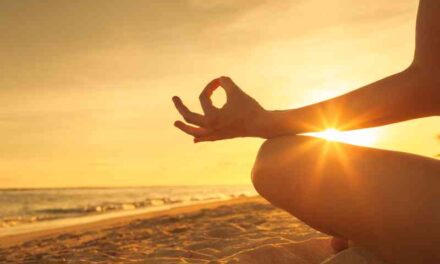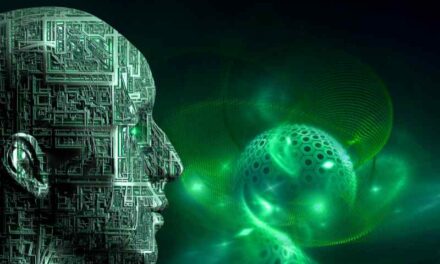A dialogue on the concept of Yoga and life took place between a questioner and a Maharaj. The questioner believed that life itself was a practice of Yoga, and everyone strived for perfection. The Maharaj questioned the common man’s striving for perfection and how they differed from the Yogi.
The questioner argued that the ultimate goal for both the Yogi and the common man was the same, but the Yogi attained it through deliberate effort, whereas the common man realized it through experience. The Maharaj contended that both the periods of Yoga and Bhoga, or enjoyment, alternated and that the final result was the same.
The questioner asked why people should praise Yogis and speak negatively of Bhogis. The Maharaj stated that on the human scale of values, a deliberate effort was considered praiseworthy. However, both the Yogi and the Bhogi followed their own nature according to circumstances and opportunities. The Yogi’s life was governed by a single desire to find the Truth, while the Bhogi served many masters. Nonetheless, the Bhogi became a Yogi, and the Yogi may engage in Bhoga.
The questioner referenced Buddha, who stated that hearing about enlightenment was tremendously important because it would bring about a transformation sooner or later. The Maharaj agreed and stated that the transformation occurred after hearing, remembering, pondering, and so on.
The questioner asked if living a humdrum life advanced man by sheer volume, and the Maharaj responded that consciousness existed before the world and that at the root of everything was the feeling “I am.” The Maharaj explained that the desire to live was tremendous, but the freedom from the urge to live was even greater.
The questioner asked if personality was necessary for gathering experience, and the Maharaj argued that personality was only an obstacle. He explained that self-identification with the body may be good for an infant, but true growing up depended on getting the body out of the way. The Maharaj suggested that one should outgrow body-based desires early in life.
The questioner asked why the Maharaj dismissed personality as of no importance, and the Maharaj stated that as long as one did not see that personality was a mere habit, built on memory, and prompted by desire, one would think oneself to be a person. The Maharaj recommended questioning oneself to see beyond the illusion of personality.
The questioner referenced the Natural Yoga, or Nisarga Yoga, and the Primal Yoga, or Adhi Yoga, mentioned in the Rig-Veda. The Maharaj stated that living thoughtfully, in full awareness, was by itself Nisarga Yoga and that living in spontaneous awareness, the consciousness of effortless living, and being fully interested in one’s life were implied in the marriage of life and mind.
The Maharaj agreed with Sharada Devi, who compared disciples to mangoes on a tree that were being plucked before they were ripe. She recommended waiting until one was fully ripe, mellow, and sweet. The Maharaj explained that humility and silence were essential for spiritual growth.





